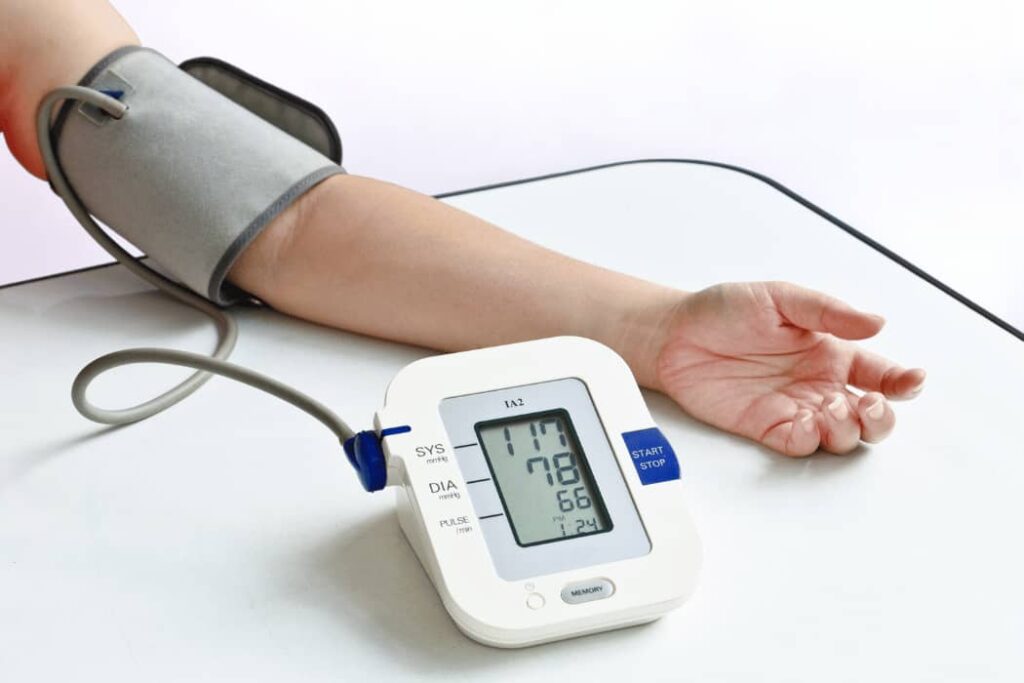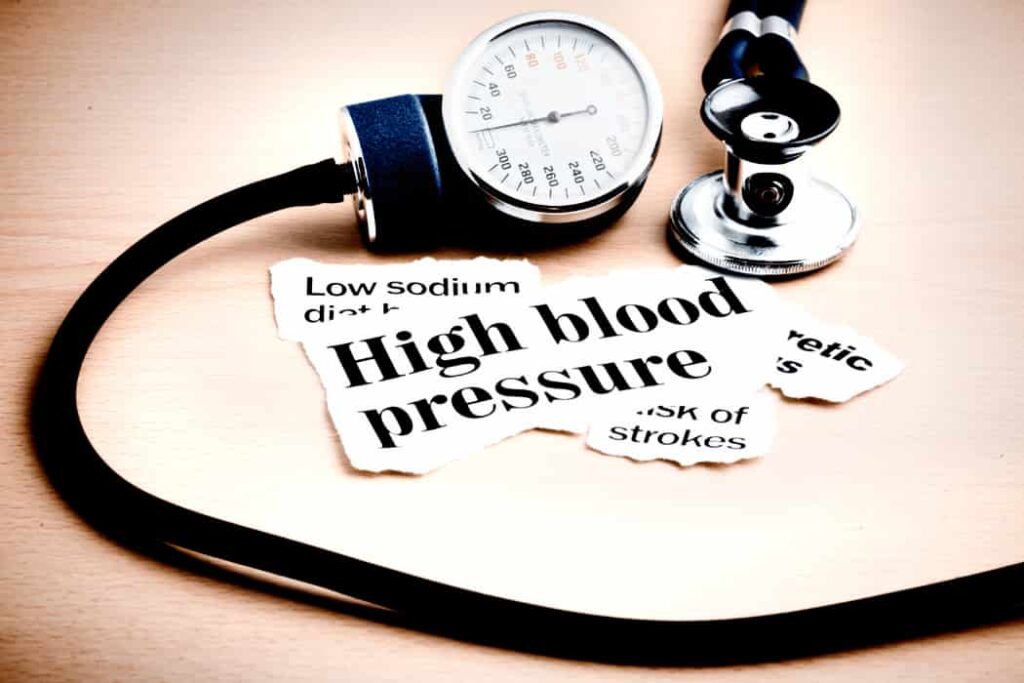High blood pressure, also known as hypertension, is a common condition that affects millions of people worldwide. It occurs when the force of blood against the walls of the arteries is consistently too high, putting strain on the heart and increasing the risk of serious health complications. While genetics and lifestyle factors play a role in developing high blood pressure, diet also plays a crucial role in managing and preventing this condition. In fact, incorporating certain foods into your diet has been shown to help lower blood pressure and improve overall heart health. In this article, we will discuss the 18 best foods for high blood pressure, backed by scientific evidence, to help you make informed choices for a healthier lifestyle. From leafy greens to seafood and nuts, these foods are not only delicious but also have powerful properties that can help keep your blood pressure in check. So, let’s dive in and discover what these foods are and how they can benefit you.

Foods to lower blood pressure naturally
Incorporating a balanced and nutritious diet can play a significant role in managing high blood pressure. Opting for nutrient-rich foods that are low in sodium and high in potassium, magnesium, and fiber can have a positive impact on blood pressure levels. Fresh fruits and vegetables, such as berries, leafy greens, and avocados, are excellent choices due to their high potassium content. Whole grains, such as quinoa and brown rice, provide essential nutrients and fiber that can help regulate blood pressure. Additionally, incorporating lean proteins, such as fish rich in omega-3 fatty acids, and low-fat dairy products can contribute to a heart-healthy diet. It is crucial to note that maintaining a healthy weight, reducing sodium intake, and limiting alcohol consumption are essential components of an overall lifestyle approach to managing blood pressure.
Healthy fats to promote heart health
When it comes to promoting heart health, incorporating healthy fats into your diet can be highly beneficial. While there is a common misconception that all fats are bad for you, certain types of fats, such as monounsaturated and polyunsaturated fats, are actually essential for maintaining cardiovascular well-being. Foods rich in these healthy fats include avocados, nuts and seeds, olive oil, and fatty fish like salmon and mackerel. These fats have been shown to help lower bad cholesterol levels and reduce the risk of heart disease. Including these sources of healthy fats in your diet can be a smart choice to support a heart-healthy lifestyle.
Leafy greens for essential nutrients
In addition to incorporating healthy fats into your diet, another essential component for maintaining optimal heart health is consuming leafy greens. Leafy greens are packed with essential nutrients that can contribute to lower blood pressure levels and promote overall cardiovascular well-being. These nutrient-rich greens, such as spinach, kale, and Swiss chard, are excellent sources of potassium, magnesium, and dietary nitrates. Potassium helps relax blood vessel walls, reducing strain on the cardiovascular system and lowering blood pressure. Magnesium aids in regulating blood pressure levels and maintaining a steady heart rhythm. The dietary nitrates found in leafy greens have been shown to improve blood flow and promote healthy arterial function. By incorporating a variety of leafy greens into your diet, you can ensure that you are obtaining these vital nutrients to support your heart health.
Whole grains for a balanced diet
Whole grains are an integral part of a balanced diet and play a crucial role in maintaining healthy blood pressure levels. Unlike refined grains, such as white bread and pasta, whole grains retain all parts of the grain, including the bran, germ, and endosperm. This means they are rich in fiber, vitamins, minerals, and antioxidants. The high fiber content of whole grains aids in digestion, helps regulate blood sugar levels, and promotes feelings of fullness, which can prevent overeating. Additionally, the vitamins and minerals found in whole grains, such as B vitamins and magnesium, are essential for cardiovascular health, as they support proper nerve function and help maintain a steady heartbeat. By choosing whole grain options like whole wheat bread, brown rice, and oats, you can ensure that your diet is not only delicious but also nutritionally balanced, promoting optimal heart health.
Limiting sodium intake is crucial
One of the key factors in managing and improving blood pressure levels is limiting sodium intake. Excessive consumption of sodium can lead to fluid retention, increased blood volume, and elevated blood pressure. Therefore, it is crucial to be mindful of the amount of sodium we consume on a daily basis. This means reducing the use of salt in cooking and avoiding processed and packaged foods that are often high in sodium content. Instead, opting for fresh, whole foods and flavoring meals with herbs and spices can not only enhance taste but also help maintain healthy blood pressure levels. By making simple adjustments to our dietary habits and consciously choosing low-sodium options, we can take proactive steps towards better cardiovascular health.
Conclusion
Incorporating these 18 foods into your diet can help lower and manage high blood pressure levels. However, it’s important to remember that a balanced and healthy lifestyle, including regular exercise and managing stress, is crucial in maintaining overall heart health. Consult with a healthcare professional for personalized recommendations and remember to always make informed and mindful choices when it comes to your diet. Let’s take proactive steps towards a healthier future.



